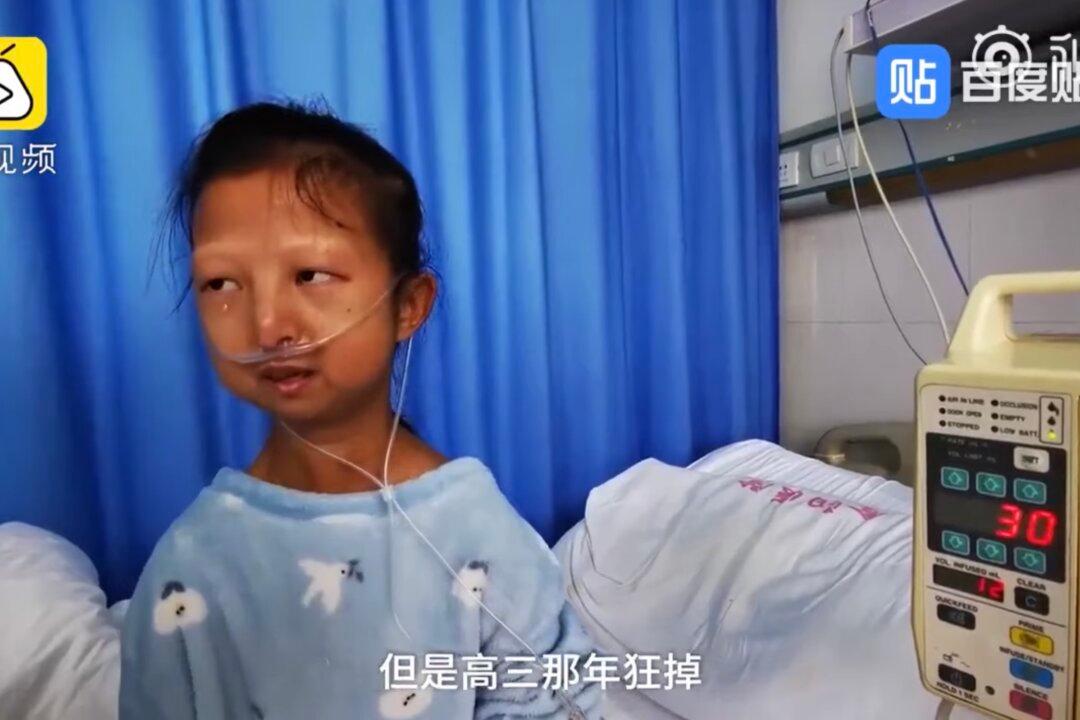The death of a 24-year-old Chinese woman on Jan. 13 because of severe malnutrition is sparking widespread outrage against officials for failing to address persistent extreme poverty in the country.
Weighing 47 pounds and standing at 4 feet, 5 inches tall, Wu Huayan suffered from stunted growth and a host of health problems; she often couldn’t afford her meals.





